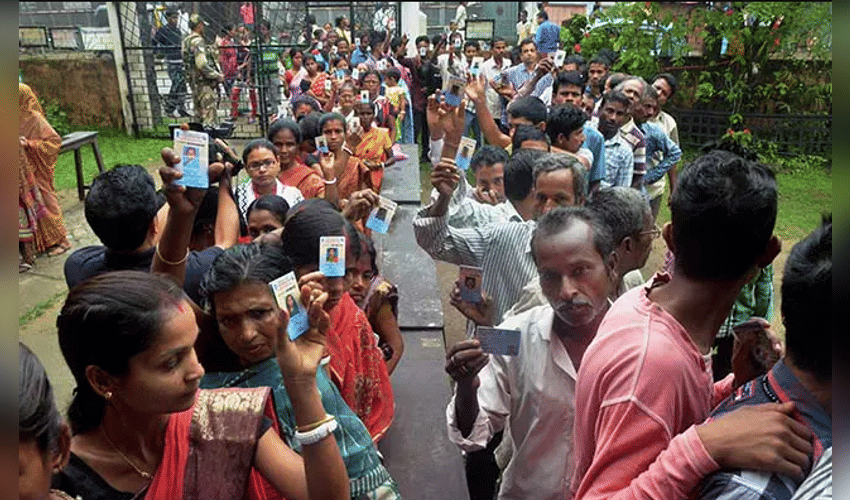World
Understanding the Term 'Ghuspaithiya' in Bengal: Myth, Politics, and Reality

In recent political discourse, especially in Bengal, the term "ghuspaithiya," which translates to "intruder" or "illegal infiltrator," has gained significant traction. But who exactly qualifies as a 'ghuspaithiya'? The word has been used broadly to describe individuals who are seen as threats to demographic balance and social fabric. While government officials and political leaders often characterize “ghuspaithiyas” as illegal immigrants from neighboring countries like Bangladesh, the term's usage has layers of social, political, and cultural implications that go beyond simple definitions.
The politics around "ghuspaithiya" in Bengal often centers on anxieties about illegal immigration's impact on employment, resources, and community identity. Political leaders argue that these so-called intruders are seizing jobs and government welfare meant for local citizens, stirring fears tied to demographic shifts. For example, some parties have linked the issue to the marriage of tribal girls with illegal immigrants or land grabbing by newcomers. This has heightened tensions in border regions and urban pockets where migrant populations live, spurring strong electoral rhetoric around identification and expulsion of such individuals.
However, the term’s application is controversial and not strictly about legality. It increasingly serves as a political tool to create an 'us versus them' narrative, often targeting specific linguistic and religious groups, mainly Bengali-speaking Muslims or Rohingya refugees. This shifts the focus from legal documentation to cultural belonging and perceived loyalty, intertwining welfare politics, religious identity, and citizenship debates. Such labeling can contribute to social exclusion and stigmatization, creating divisions within the community over who truly belongs.
The national and state governments have launched mechanisms like special voter rolls and demographic missions aimed at addressing the issue, but these efforts sometimes risk marginalizing innocent citizens or long-settled residents misclassified as 'intruders.' This calls for sensitive, inclusive policies that balance security concerns with human rights protections. Moreover, understanding the historical movements of people in Bengal and the porous nature of its borders is crucial before branding anyone an illegal migrant.
In conclusion, being labeled a 'ghuspaithiya' in Bengal is less about clear legal status and more about political narratives and social perceptions in a complex regional context. It is a term loaded with emotional, financial, and identity-related consequences. As Bengal approaches elections, it is important for the public and policymakers alike to scrutinize the term's usage critically, ensuring discussions around it do not devolve into exclusionary politics but rather lead to informed, humane solutions addressing genuine concerns about migration and integration



